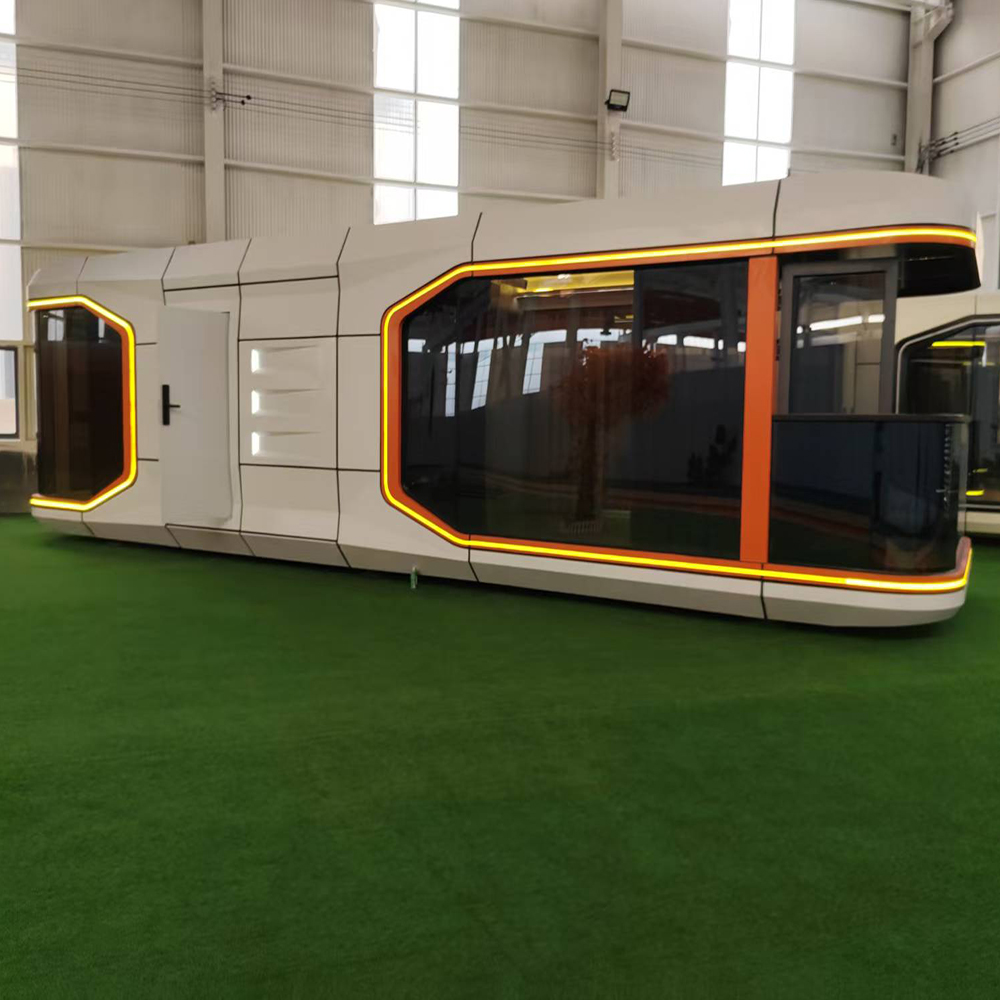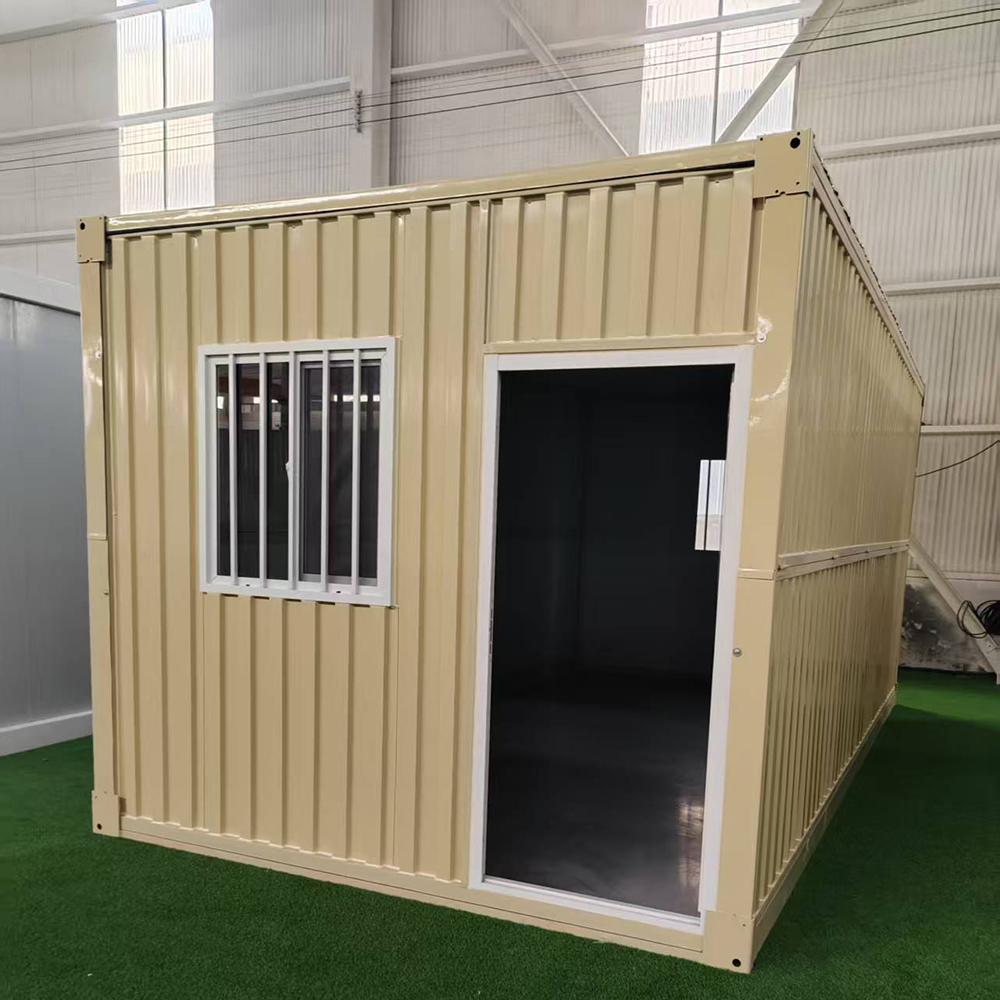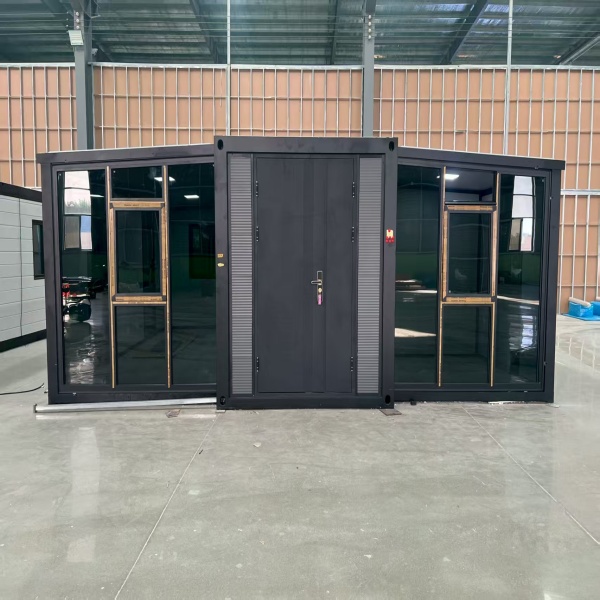-
E-mail
Austin120521@outlook.com -
E-mail
sales@jujiuhouse.com -
Telephone
+86-17864099991 -
Telephone
+86-17854044442
- Chinese
- French
- German
- Portuguese
- Spanish
- Russian
- Japanese
- Korean
- Arabic
- Irish
- Greek
- Turkish
- Italian
- Danish
- Romanian
- Indonesian
- Czech
- Afrikaans
- Swedish
- Polish
- Basque
- Catalan
- Esperanto
- Hindi
- Lao
- Albanian
- Amharic
- Armenian
- Azerbaijani
- Belarusian
- Bengali
- Bosnian
- Bulgarian
- Cebuano
- Chichewa
- Corsican
- Croatian
- Dutch
- Estonian
- Filipino
- Finnish
- Frisian
- Galician
- Georgian
- Gujarati
- Haitian
- Hausa
- Hawaiian
- Hebrew
- Hmong
- Hungarian
- Icelandic
- Igbo
- Javanese
- Kannada
- Kazakh
- Khmer
- Kurdish
- Kyrgyz
- Latin
- Latvian
- Lithuanian
- Luxembou..
- Macedonian
- Malagasy
- Malay
- Malayalam
- Maltese
- Maori
- Marathi
- Mongolian
- Burmese
- Nepali
- Norwegian
- Pashto
- Persian
- Punjabi
- Serbian
- Sesotho
- Sinhala
- Slovak
- Slovenian
- Somali
- Samoan
- Scots Gaelic
- Shona
- Sindhi
- Sundanese
- Swahili
- Tajik
- Tamil
- Telugu
- Thai
- Ukrainian
- Urdu
- Uzbek
- Vietnamese
- Welsh
- Xhosa
- Yiddish
- Yoruba
- Zulu
- Kinyarwanda
- Tatar
- Oriya
- Turkmen
- Uyghur

China the apple cabin
Exploring the Concept of 'China the Apple Cabin'
What exactly does China the Apple Cabin mean? It might sound unusual at first, but when you delve into the core of creative housing solutions in China, it begins to make more sense. This concept revolves around innovative, eco-friendly designs that integrate simplicity and functionality. Today, we'll explore this intriguing idea, including the successes and challenges faced by key players like SHANDONG JUJIU INTEGRATED HOUSING CO, LTD.
The Emergence of Innovative Cabins
The idea of using simple yet efficient structures for living and working spaces is not entirely new, but its execution in China takes a unique turn. Companies have started to embrace sustainable building methods, focusing on small, efficient living spaces. The term Apple Cabin might suggest a sleek, modern design akin to Apple's products, characterized by minimalism and high functionality.
One of the leaders in this field is SHANDONG JUJIU INTEGRATED HOUSING CO, LTD. They've taken the concept further by integrating research and development, design, and optimization into every project. Their work on packing box rooms and movable board rooms positions them as innovators in this niche market.
It's critical to appreciate the practical challenges faced. From managing construction resources to meeting consumer expectations, every project is a balancing act. Despite these hurdles, the demand for such integrated housing designs continues to rise.Consumers are driven by the desire for cheaper, more sustainable living options.
Real-World Applications and Case Studies
Shandong Jujiu's projects exemplify real-world applications of the Apple Cabin concept. Their work is a blend of light steel villas and steel structures that are not only cost-effective but also aesthetically pleasing. Their focus on curtain wall engineering duals as functional and decorative, proving popular among urban planners.
One of the more memorable projects involved designing a complex of compact living spaces for a tech company in a rapidly developing Chinese city. The task required careful consideration of urban planning constraints and an acute awareness of market trends. Feedback from residents highlighted the balance between privacy and community that these cabins achieved.
Still, it's not all smooth sailing. Clients occasionally demand rapid turnaround times clashing with the need for precision and quality. Yet, the firm thrives by balancing these demands while staying committed to sustainable building practices.
Examining the Eco-Friendliness of Apple Cabins
Beyond design, the environmental impact of these structures is a focal point. China the Apple Cabin emphasizes eco-friendly materials, renewable energy sources, and efficient use of space. This approach minimizes environmental footprints, making such housing solutions attractive for the eco-conscious.
For instance, incorporating solar panels and rainwater harvesting systems into these structures are practical steps taken by Shandong Jujiu. By reducing reliance on traditional power grids, the cabins not only save costs but also contribute to broader sustainability efforts.
The journey towards greener housing is incremental. Each project provides fresh insights, leading to innovations that reduce material waste and energy consumption. Consumers play a crucial role in driving these initiatives by demanding greener solutions.
Future Directions and Industry Growth
Where is this trend heading? The continuous evolution of urban dynamics and housing needs suggests a strong future for the Apple Cabin concept. Firms like Shandong Jujiu are poised to exploit new technologies and materials that will further transform housing solutions.
Emerging technologies, such as 3D printing in construction and smart home integrations, present exciting opportunities. Imagine a future where choosing a custom-designed cabin online could be as easy as picking a new phone model.
Despite the promising outlook, cautious optimism is advised. True growth in the sector relies on proactive adaptation to regulatory changes and market demands. Additionally, building long-lasting partnerships across industries remains crucial.
Consumer Perspectives and Market Trends
The market's reception to these innovative cabins reveals much about consumer priorities. A shift towards compact living, especially in densely populated areas, is evident. People are increasingly valuing personalization in their living spaces without compromising on quality.
Engagement with customers shows a growing preference for cabins that offer flexibility in design and functionality. Tailored solutions are not just a perk but becoming a necessity as diverse needs shape the market.
Companies like Shandong Jujiu are recognizing this evolution and adapting by offering customizable options and demonstrating a commitment to quality. It's this proactive stance that ensures a competitive edge in a rapidly shifting landscape.
Related products
Related products
Best selling products
Best selling products-
 High-quality Double-wing Folding Container House with Doors and Windows, Insulated Walls, Suitable for Various Scenarios.
High-quality Double-wing Folding Container House with Doors and Windows, Insulated Walls, Suitable for Various Scenarios. -
 A container house with a terrace and double-wing folding design, suitable for various purposes such as offices, meeting rooms, living rooms, etc.
A container house with a terrace and double-wing folding design, suitable for various purposes such as offices, meeting rooms, living rooms, etc. -
 Easy Install Customized Detachable Container Homes Extendable House Prefab 2 Floors Expandable Container House
Easy Install Customized Detachable Container Homes Extendable House Prefab 2 Floors Expandable Container House -
 A container house with a terrace and double-wing folding design, suitable for various purposes such as offices, meeting rooms, living rooms, etc.
A container house with a terrace and double-wing folding design, suitable for various purposes such as offices, meeting rooms, living rooms, etc. -
 Luxury Foldable Two Story Container House for Glamping Resort and Villa Hotel
Luxury Foldable Two Story Container House for Glamping Resort and Villa Hotel -
 Standard Modern Camping Pod Space Prefabricated Portable Mobile Capsule Room Hotel Bathroom Prefabricated Spaceship House
Standard Modern Camping Pod Space Prefabricated Portable Mobile Capsule Room Hotel Bathroom Prefabricated Spaceship House -
 Factory Direct Sales Office Folding Container Luxury House Living Container House
Factory Direct Sales Office Folding Container Luxury House Living Container House -
 Hot-selling foldable container houses, expandable prefabricated houses, suitable for office or living use, with fast delivery.
Hot-selling foldable container houses, expandable prefabricated houses, suitable for office or living use, with fast delivery. -
 Detachable Design Prefabricated Container House Portable Modular Office Building Folding Container House
Detachable Design Prefabricated Container House Portable Modular Office Building Folding Container House -
 Reasonable Price 1 Bedroom Modular Container House Folding Container Home for Villa or Apartment Use
Reasonable Price 1 Bedroom Modular Container House Folding Container Home for Villa or Apartment Use -
 Competitive Price Portable Container House Foldable Container Mobile Living Modular Homes
Competitive Price Portable Container House Foldable Container Mobile Living Modular Homes -
 Movable Prefabricated Container House Villas Modular Portable Homes 1 Bedroom Container House Offices Apartments
Movable Prefabricated Container House Villas Modular Portable Homes 1 Bedroom Container House Offices Apartments
Related search
Related search- space capsule hotel
- low price flat pack container house prefabricated
- supplier foldable house container expandable
- China folding houses usa
- China apple cabin house
- expandable container house
- cheap wholesale price expandable house container
- prefabricated house folding container
- expandable container house for sale
- new spire prefabricated container house












